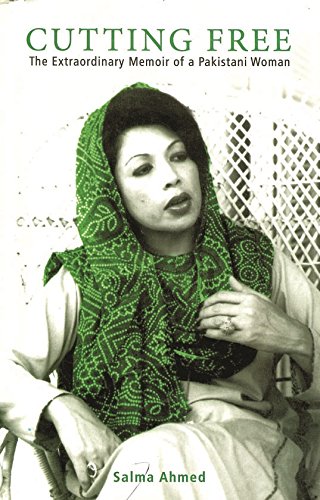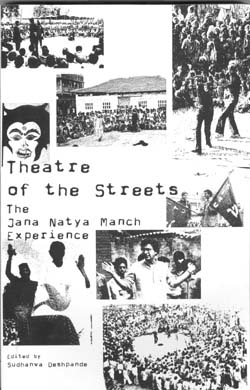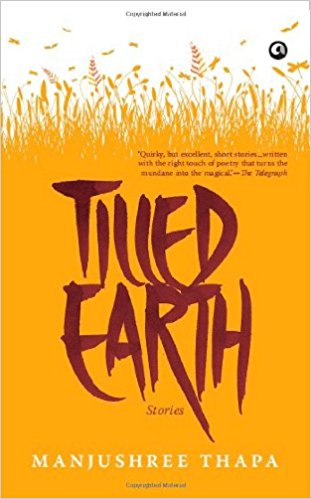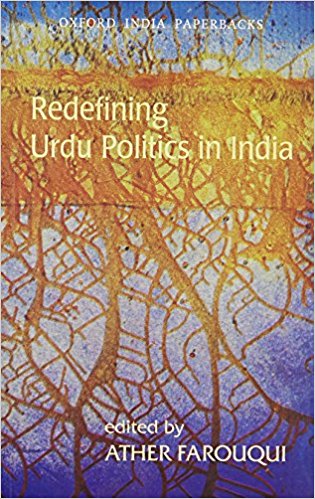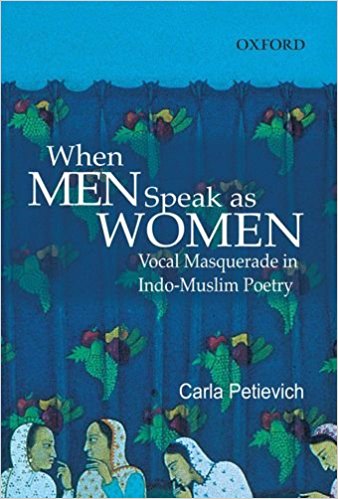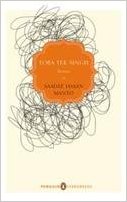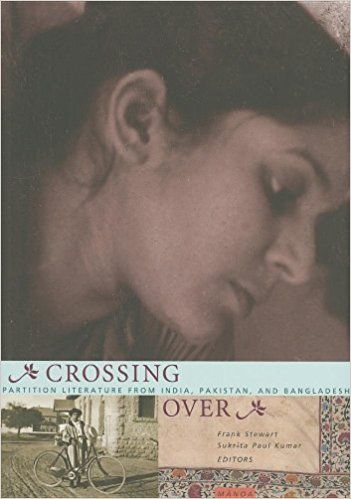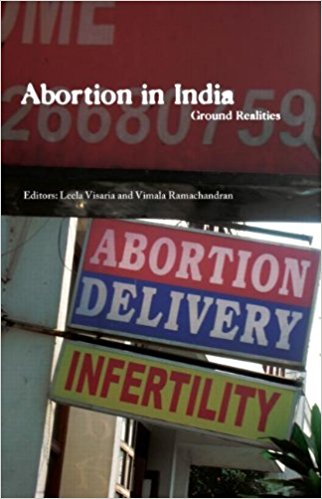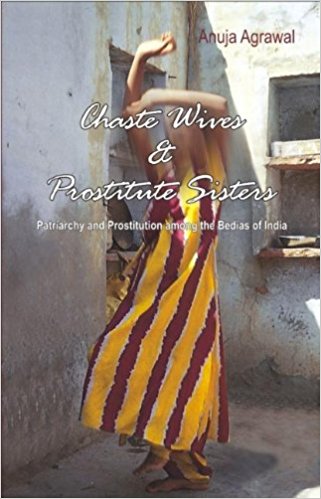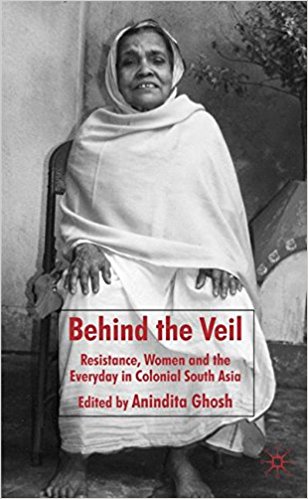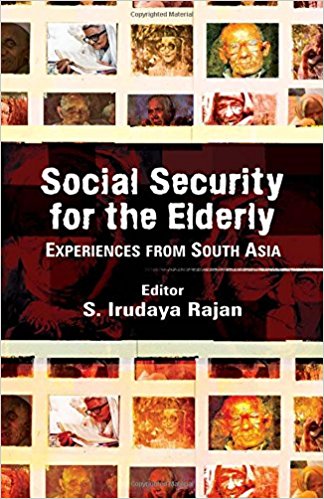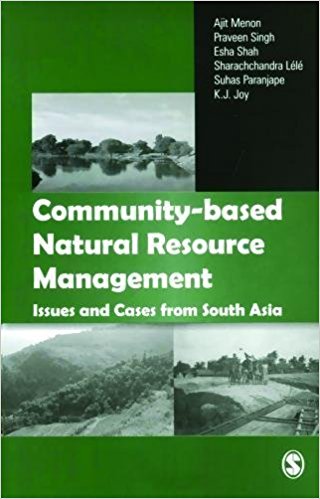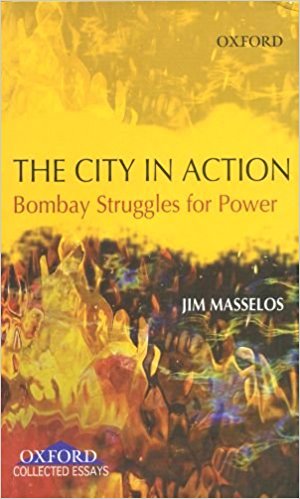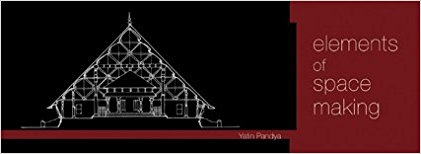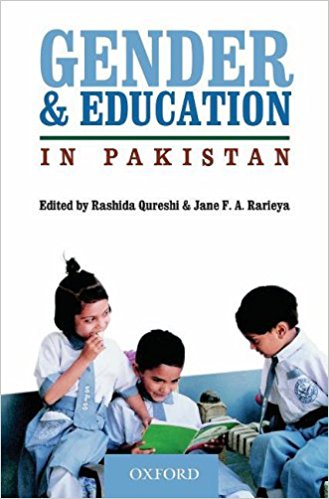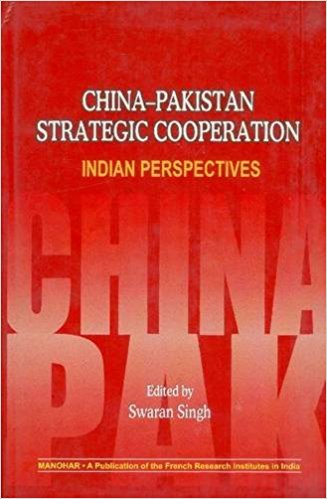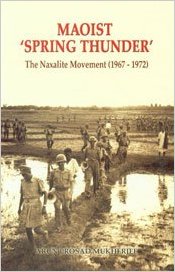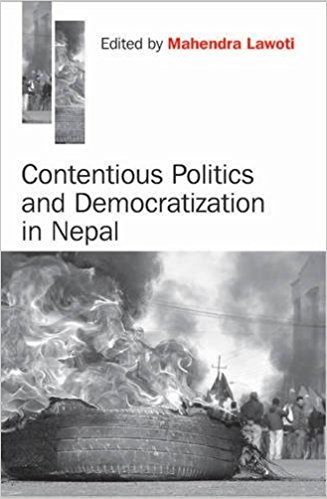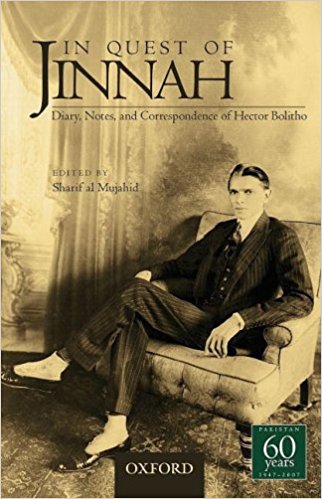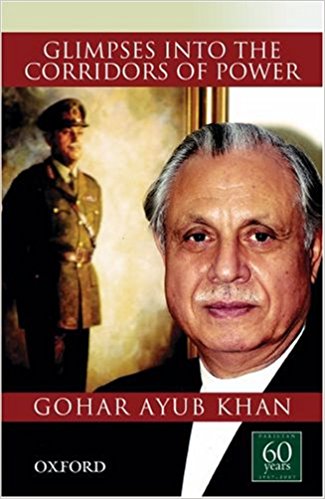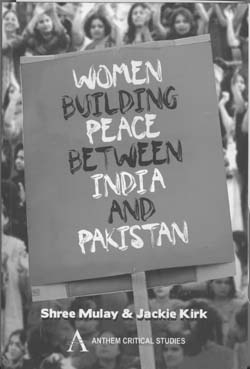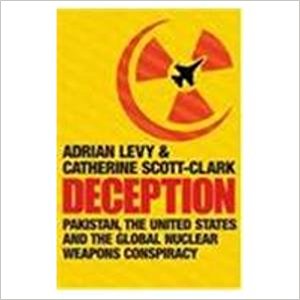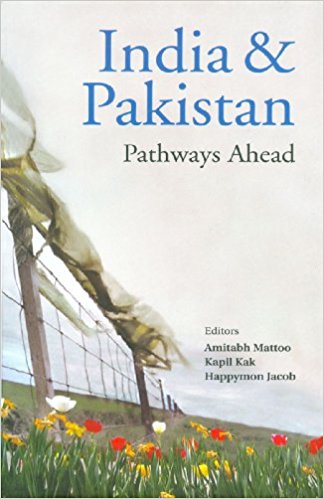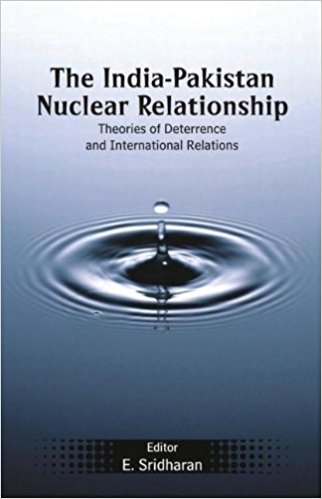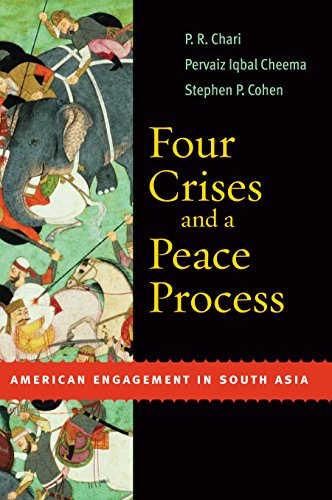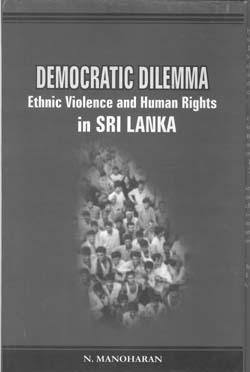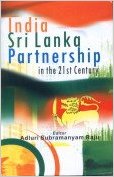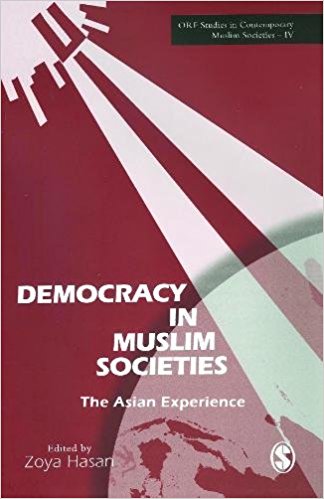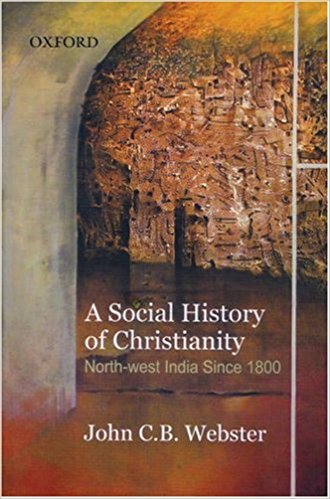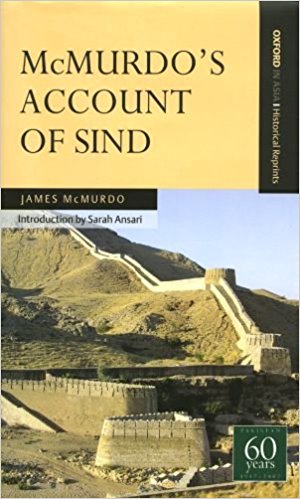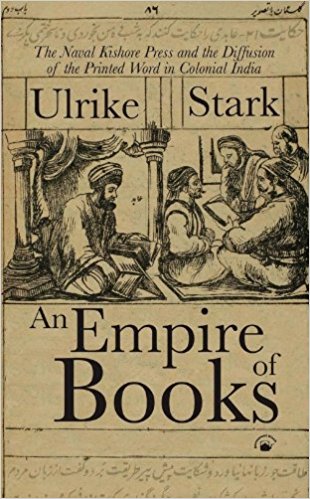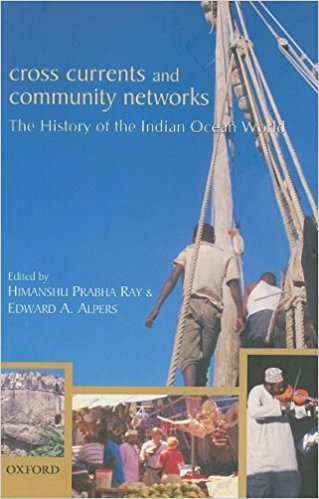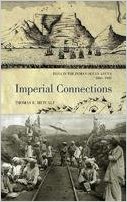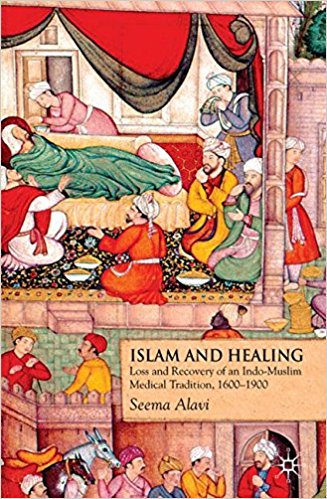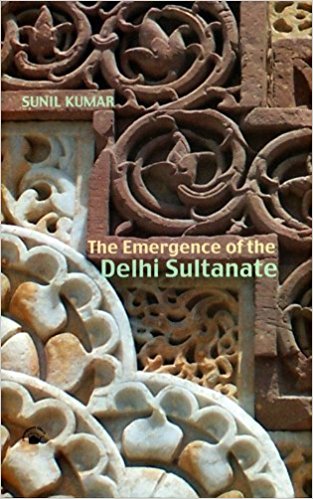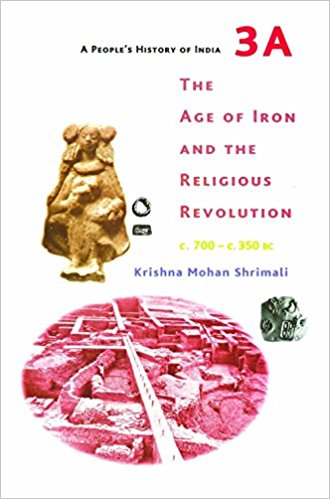I read Salma Ahmed’s book around the same time as I was reading the story of another Pakistani woman, Mukhtar Mai. The two stories, both about women battling against difficult odds, could not have been more different.
Archives
February 2008 . VOLUME 32, NUMBER 2Street theatre in Delhi is synonymous with Safdar Hashmi. He was a gifted and committed artiste who spent his tragically short life in taking theatre to the workers and toilers, the poor and the dispossessed.
This is a difficult book to review. It is like reading an unfinished manuscript, a cluster of interesting but stray thoughts. Several of the pieces are no longer than a sentence or a paragraph.
2008
If poetry reconstructs space, re-configures time, and re-conditions language, M. Athar Tahir’s effort is yet another at doing all these with certain finesse and dexterity.
The blurb on the dust jacket of Ather Farouqui’s Redefining Urdu Politics in India makes a bold claim: ‘This volume breaks new ground on the issue of the Urdu language with the backdrop of language politics in the pre- and post-Partition eras.’
‘My years in the film industry were heady ones’. So said Ismat Chughtai. Having married Shahid Lateef from the film world in 1942, she gradually got inducted into the film domain herself and wrote scripts for several well-known Bombay films.
In Urdu poetry, the beloved has always been a bit of a mystery wrapped in an enigma. While the voice may be that of a lovelorn woman suffering from pangs of separation, a discontented concubine, or a young woman on the verge of marriage,
‘Manto Sahib’ to his intimate friends and simply ‘Manto’ to millions of his readers in India, Pakistan and elsewhere, Saadat Hasan Manto, the great maverick and an enigmatic literary giant, was undoubtedly different things to different people.
Crossing Over is the special issue of Manoa: A Pacific Journal of International Writing and is devoted exclusively to Partition Literature from India, Pakistan and Bangladesh. As the Introduction states, the work is addressed specifically to an American readership and more generally to English speaking readers.
‘Abortion’ is not only a biological but also a social phenomenon. Women’s experiences of abortion are often interpreted with cultural, ethical, moral or religious connotations. Though abortion became legal in India in 1971 and was later included in the Reproductive Child Health programme in the post-Cairo period, ‘abortion seeking’ continues to be a private act that set it apart from the health seeking practices for other reproductive or general health problems of women.
Sociologist Anuja Agrawal’s book is an attempt to understand the ‘familial economy’ of the Bedia community in the light of the role that women play as both ‘chaste wives’ and ‘prostitute sisters.’ The de-notified community of the Bedias, though ‘numerically insignificant’ are found in large parts of Madhya Pradesh, Uttar Pradesh and Rajasthan.
This collection of seven essays with a thought-provoking introduction broadly recreates the contesting terrains of gender, sexuality and women’s rights to property in the 19th and early 20th century of the colonial period in India.
The book deals with the magnitude of aging in five south Asian countries (India, Pakistan, Bangladesh, Sri Lanka and Nepal—the order in which they appear in this book).
A ground-breaking attempt has been made to capture the dynamics of community-based natural resources management and related issues, particularly the non-governmental organization (NGO) driven developmental initiatives in this area.
Festivals like Gokulashtami, Ganeshotsav, Navratri and Mohurram are an integral part of Bombay’s social calendar. They have been and continue to be intricately connected with the city’s politics.
Elements of Spacemaking describes the grammar and vocabulary of ‘reading’ architecture and urban spaces. The language of spacemaking is not commonly understood in our society, not even among the intelligentsia. Its role in producing better living environments is therefore, not easy to appreciate.
Education of women is accepted today as a basic human right and a crucial input for national development. Apart from its intrinsic worth, women’s education has powerful instrumental value for bringing about economic growth and social change.
The relationship between China and Pakistan, as the editor of China-Pakistan Strategic Cooperation: Indian Perspectives quite aptly states at the very beginning of his Preface, remains one of the most serious challenges for Indian policy makers.
Maoist Spring Thunder is a detailed account and analysis of the momentous events, which made not only the West Bengal Administration but also the whole country sit up and think about the ruthless manner in which violent means were resorted to get the demands for land reforms and distribution of land among the have-nots in West Bengal.
Mohan Guruswamy and his group of scholars are to be complimented for this new approach to analysing security in a region, based essentially on examination of socio-economic data.
We have here a book of essays put together by Mahendra Lawoti, who teaches Political Science in Western Michigan University, and is President of the Association for Nepal and Himalayan Studies in the United States.
Rehman Sobhan is among the best known and respected figures in Bangladesh, some may say a keeper of the nation’s economic conscience. The three volumes of his collected works total an impressive 1448 pages comprising 188 articles and speeches.
Muhammad Ali Jinnah was the father of Pakistan and had become a cult figure for most Pakistanis and therefore, it was no easy job for anyone to write an objective biography. This was illustrated by the ban imposed in the eighties on the biography, Jinnah of Pakistan, written by Stanley Wolpert in 1984 which did not conform to the official image.
It must surely be a most difficult undertaking to be the son of the founder of a state and to try and describe yourself and your life. For Field Marshall Mohammed Ayub Khan was as much the founder of the state of Pakistan as Mohammed Ali Jinnah was the founder of the nation.
Official spokespersons of both the Pakistan and Indian Governments have recently stated that ever since the partition of these countries, the relations between India and Pakistan have never been as good as they currently are.
2008
Two decades ago, at the height of the Brasstacks exercise close to the Indo-Pak border by the Indian military, Pakistan decided that it would make public its possession of nuclear weapons. The intention of the military rulers who then ruled Pakistan was to put India on notice that Pakistan had acquired a nuclear deterrent that rendered India’s conventional superiority impotent.
J&K is very much the flavour of the day and there have been many publications on this theme in recent years. This compendium of 21 essays, put together by the Centre for Strategic and Regional Studies of Jammu University,
It is interesting to see where Pakistan is today, where the India-Pakistan relationship is headed and compare reality with what the authors have said would happen to the nuclear relationship. This is particularly so since the book attempts for the first time to link deterrence calculations with IR theory.
The very title of this book recalls to one’s mind the four articles of the eminent Pakistani journalist, the late Altaf Gauhar published during September-October 1999 in the Pakistani paper Nation under the heading ‘Four Wars, one assumption.’
N. Manoharan prefaces his book with the lament that not one study links ethnic violence and human rights in the Sri Lankan context. This is exactly what he then sets out to do. The relationship between escalating (or de-escalating) ethnic violence and levels of human rights protection is both an obvious and challenging subject of study. In and of themselves,
India-Sri Lanka relations have witnessed a paradigm shift especially since the mid-1990s. The shift has taken place fundamentally in two key areas: politico-strategic and economic. Absence of Cold War hangovers, nonexistence of diplomatic irritants on the ethnic issue, and phenomenal growth in trade and investment ties were the principal reasons for improved bilateral relations.
This book is about empirically testing the ‘incompatibility thesis’ on democracy and Islam or Muslim societies, through the study of non-Arab, Muslim-majority, Asian countries of Indonesia, Bangladesh, Pakistan, Iran, Turkey and Malaysia.
Webster has written a valuable and outstanding supplement to his earlier The Christian Community and Change in Nineteenth Century North India (1976). The study of Christian communities in India, their history, culture and social structure has recently acquired an independent identity within the academia.
India’s colonial connection is paradoxical—on the one hand, we celebrate the severance of this tricentennial relationship and on the other we perpetually savour its overwhelming nostalgia. Reams of publications in Modern Indian history castigate the colonial interlude as one of a massacre of a glorious tradition,
2008
Given the general state of our archives and the scant respect awarded to the preservation of books and manuscripts, it takes both courage and perseverance to accost and overcome the formidable obstacles put in the way of the scholar. If the scholar is seeking to look at the book itself as the object of research, her path is likely to be very thorny indeed.
In the hills of south India where I live there is a profusion of plants from temperate climates brought over by British (and European) expatriates, in order to recreate a familiar ambience of remembered colours and scents.
Metcalf’s new book charts a new course. If in line with his earlier books like Ideology of the Raj and Imperial Visions, the scope and range of this one are different. It shows how the Indian Ocean area formed a sub-empire under the British, where India had the dubious distinction of being at the centre and an active agent of the empire.
In the opening line of his new history of the Indo-Afghans, Raziuddin Aquil complains that ‘the study of medieval Indian history suffers from what is characterized as Mughal centrism’ (p. 1). He is right at a number of levels, for the problem is not only that the imperial Mughal behemoth has captured the lion’s share of modern historians’ attention, but also that most of the Persian histories of the Indo-Afghans were written during the reign of the Mughals.
The robust and adaptive medical traditions of Tibb-i Unani have contained complex and changing meanings and practices over time. Seema Alavi’s extensive research, including into the oral traditions of her own distinguished Azizi family of hakims based in Lucknow, informs her sophisticated social and cultural history of Unani in north India from the time of the Mughal empire through the British Raj.
The Emergence of the Delhi Sultanate is a voluminous work, considering that it covers only a phase i.e. 1192-1286 ad. It is a refreshing intervention and convincingly breaks the long-held opinion that the Delhi Sultanate was a monolithic, authoritarian, centralized state.
The book under review is part of a series titled A People’s History of India whose general editor is Irfan Habib. It deals with the period between c. 700 and c.350 bc in which several important historical developments have been identified in the spheres of economy, society, polity and religion and each of these is discussed separately in the four chapters of the book.
At the heart of the book are two masterly surveys of the issues at stake in the interpretation of the available linguistic and archaeological evidence. J.M. Kenoyer brings his reputation as one of the most accomplished Harappan archaeologists of his generation and crafts a measured piece documenting what archaeological reason can illuminate and equally demonstrate what constitutes inappropriate questions for the discipline.

